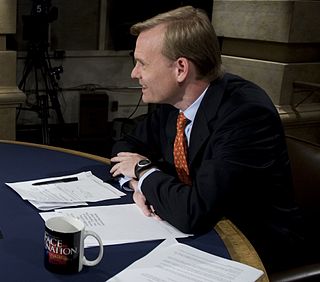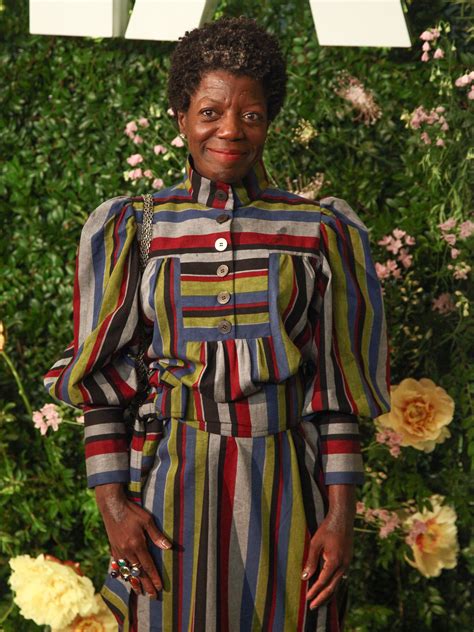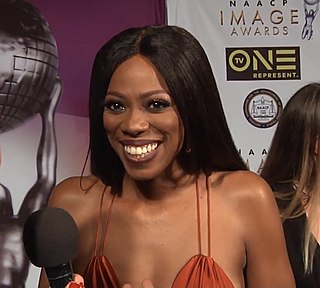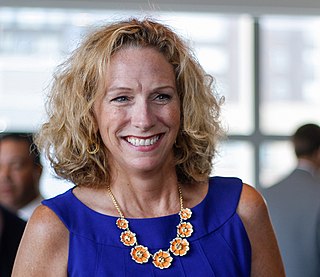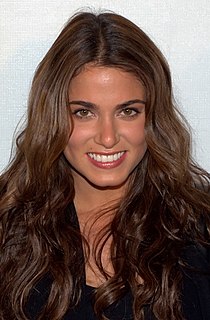A Quote by John Dickerson
Mom would talk about Eric Sevareid and Murrow and Howard K. Smith the way other parents talk about sports figures.
Related Quotes
On the contrary, it's because somebody knows something about it that we can't talk about physics . It's the things that nobody knows anything about that we can discuss. We can talk about the weather; we can talk about social problems; we can talk about psychology; we can talk about international finance gold transfers we can't talk about, because those are understood so it's the subject that nobody knows anything about that we can all talk about!
You can talk about things indirectly, but if you want to talk how people really talk, you have to talk R-rated. I mean I've got three incredibly intelligent daughters, but when you get mad, you get mad and you talk like people talk. When a normal 17-year-old girl storms out of the house or 15-year-old boy is mad at his mom or dad, they're not talking the way people talk on TV. Unless it's cable.
Men talk about masculinity through sports and clothes. They don't talk about gender, they talk about LeBron James and whether it's okay to wear lipstick and eyeliner. They're not getting to the question at hand, which is, "What does it mean to be a man when the traditional values of masculinity are eroding incredibly rapidly?'
I belong to a bowling team with black and Latino coworkers. And when we get together and we talk about politics - I'm almost quoting him - he said, we don't talk about Black Lives Matters. We talk about what matters to our families. We talk about jobs, and we talk about the fate of the country. That is America, and you can reach those people.
The part of the strangeness of coming back from the war is the way we talk about it. We try to have a discussion about the war that doesn't turn into a discussion about one political side or the other. I wanted to reach out and talk to people about it through fiction, the way a narrative can draw someone in and ask them those questions.
